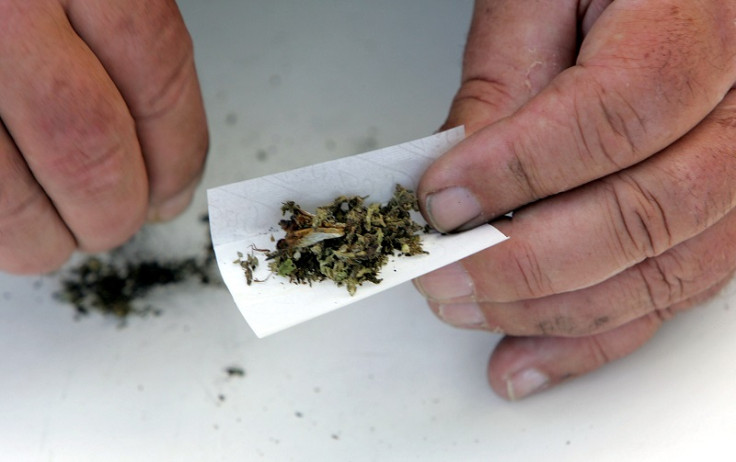Ohio votes against legalising marijuana

The proposal to legalise marijuana in the US state of Ohio has been rejected by a two-third majority in Tuesday's (3 November) voting. The proposed constitutional amendment, also known as Issue 3, was seeking to make the drug legal for recreational and medicinal use for adults above the age of 21.
Had the proposal been approved it would have also allowed 23 investors, known as ResponsibleOhio, the rights to grow marijuana for commercial use at 10 identified locations in the state. The investors, who were behind the proposal, would have profited from the measure as they would have the right to supply marijuana products to medical dispensaries, retail outlets and manufacturers of pot products. Critics had called the measure a monopoly in the distribution of marijuana.
"What was most offensive about [the Ohio measure] was that they wanted to make it a constitutionally mandated oligopoly in perpetuity," Ethan Nadelmann of the Drug Policy Alliance, was quoted as saying by The Washington Post. "It's clearly the case that the oligopoly provision turned people off."
Political consultant Ian James, who was responsible for the ResponsibleOhio campaign, told the Center for Public Integrity in June: "The honest and most easy response is: I am going to profit from this. If people are upset about me making money, I don't know what to say other than that that's part of the American process. To win and make this kind of change for social justice, it does cost a lot of money." After Tuesday's voting James said the loss is "a bump in the road".
Among the ResponsibleOhio investors are some famous names such as former pop boy-band singer Nick Lachey, former NBA star Oscar Robertson, fashion designer Nanette Lepore and Woody Taft, a descendant of President William Howard Taft. A sum of around $12m (£7.78) was reportedly spent on advertising by pro-campaigners ahead of the Tuesday polls.
Not only have voters in Ohio rejected the marijuana initiative, they have also approved an amendment that will block similar proposals in the future. States of Colorado, Washington, Oregon and Alaska have legalised the use of marijuana for recreational purposes and more than 20 states permit its use for medical purposes.
© Copyright IBTimes 2025. All rights reserved.





















